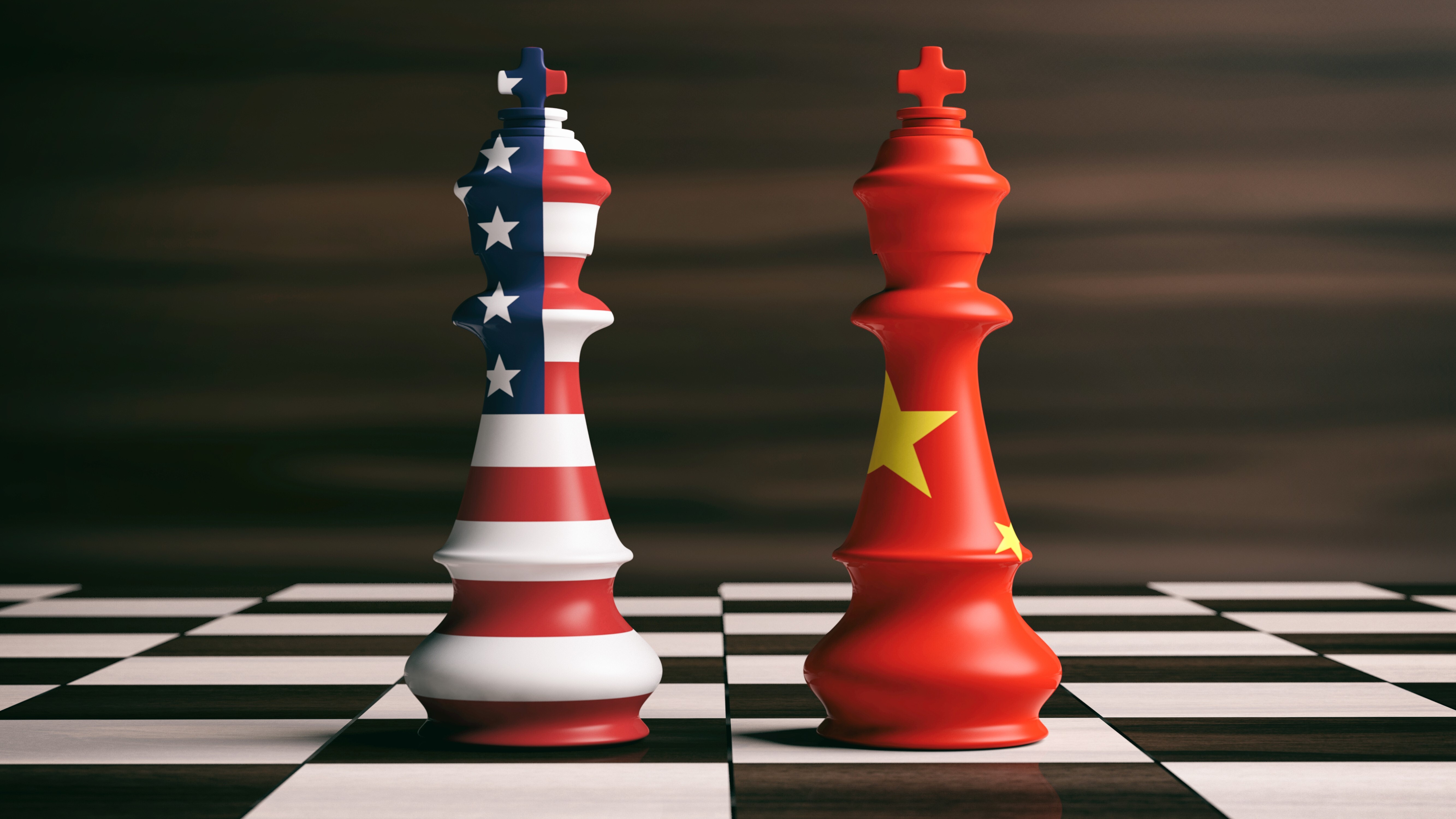Tan Jian, the Chinese ambassador to the Netherlands, addressed the escalating tensions between China and the United States over advanced chip fabrication technologies in a recent interview withNRC, a Dutch newspaper. He stated that China might react to the United States' attempts to cut the country off from advanced chipmaking tools, but hoped this would not affect China’s relationship with the European Union. China is upset that the U.S. has managed to persuade the government of the Netherlands to curb shipments of advanced ASML lithography tools to China.
“If the Americans treat us in a hegemonic way, we will of course react, but our relationship with the EU should not be affected,” said Tan Jian.

Tan Jian’s comments come in the wake of the U.S. efforts to limit China’s access to advanced processors used for AI and HPC applications – part of an on-going power struggle frequently called achip war– as well as sophisticated chip production technology, citing nationalsecurityrisks. China sees this as part of a broader strategy to curb its technological and economic growth.
“The U.S. has stretched their idea of security far too far, including to things that have nothing to do with military risks,” said the ambassador. “And they put pressure on their allies to do the same. The US often accuses us of threatening diplomacy, but this is only threatening. We recognize that many European countries have close ties with the US, but Europe is Europe, a major player in the world.”

Earlier this month, ASML announced the cancellation of shipments of some of its machines to China. The decision followed the Dutch government’s partial revocation of export licenses for the company’s most advanced deep ultraviolet (DUV) lithography tools that can be used to make chips on 7nm, 5nm, and more advanced process technologies. The move isbelieved to be influencedby the U.S. administration.
John Kirby, a spokesperson for the White House, has clarified the U.S.’s stance on this issue. Kirby stated that the U.S. aims to ‘de-risk, not de-couple’ from China, focusing on national security. He emphasized that these decisions regarding export licenses are designed to protect U.S. interests, and that companies like ASML make their own choices within this framework, as reported today inDigiTimes.
“Our decisions in terms of these export licenses is really designed specifically to make sure that we can continue to protect U.S. national security,” said Kirby.
Get Tom’s Hardware’s best news and in-depth reviews, straight to your inbox.
Tan Jian mentioned the need for enhanced dialogue with the Dutch government to prevent further escalation of the situation. He also highlighted the increasing difficulties faced by Chinese companies in the European Union, citing controls, political pressure, and the spread of misinformation. Moreover, he critiqued the European Union’s policy towards China as confusing, noting the EU’s controversial view of China as a partner and as a rival.
“In general, Chinese companies let us know that it has become more difficult to operate in the European Union,” added the ambassador in the NRC interview. “They have faced more controls, political pressure and all kinds of disinformation about Chinese intentions. European China policy is confusing. In that policy, China is called a cooperation partner, economic competitor and systemic rival.”
Anton Shilov is a contributing writer at Tom’s Hardware. Over the past couple of decades, he has covered everything from CPUs and GPUs to supercomputers and from modern process technologies and latest fab tools to high-tech industry trends.